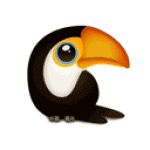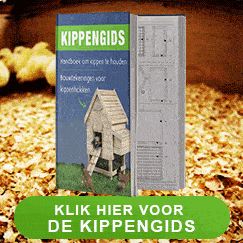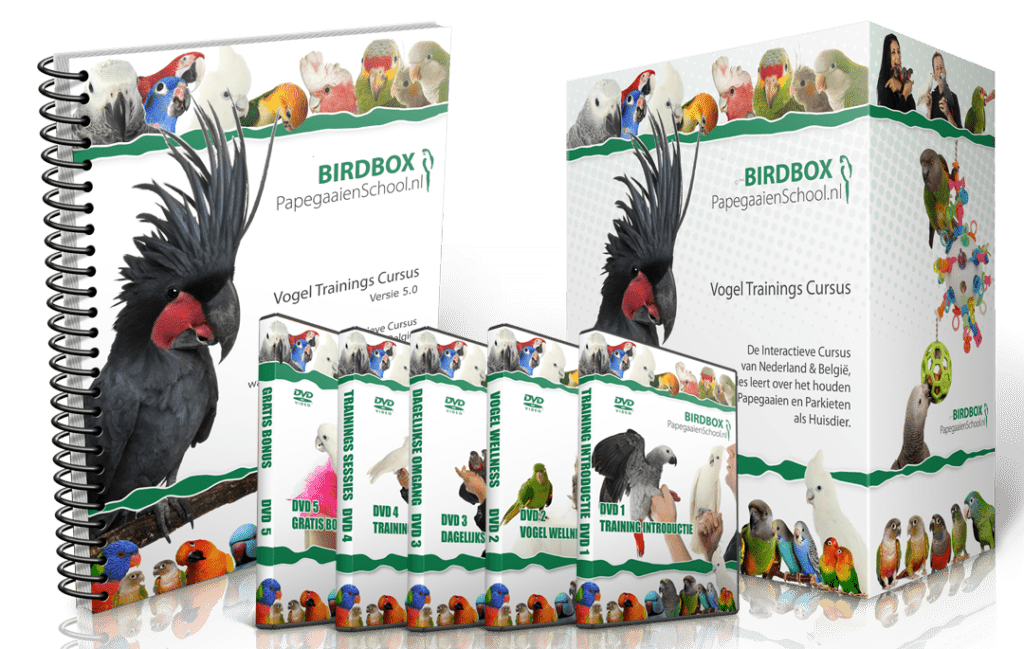The petz parakeet or ivory aratinga is a fairly rare bird among (hobby) breeders
Latin name : eupsittula canicularis
Appearance of the petz parakeet
Size:
24 cm (9.4 in)
Weight:
70-75g (2.4-2.6 oz)
Subspecies:
Below you will find the description of the adult subspecies. Although not many of these subspecies will remain in captivity.

EC canicularis:
Man and female are identical and have a wide orange forehead almost reaching the eyes. Next is the forehead with a blue appearance that is gradually becoming greener. They have a pale olive-colored chest and throat. A horn-colored beak, the eye ring is bare a light orange
EC eburnirostrum:
Very similar to the eupsittula canicularis canicularis, but with a thinner forehead. And they have a brown spot on either side of the base of the lower beak.
EC clarae:
The basis is the eupsittula canicularis eburnirostrum, but the forehead band is even less extensive. And they have a dark gray color at the base of the lower beak.
Color of young birds:
EC canicularis : As with adults, but a narrower forehead and with a brown eye color.
Sound:
Conversations raw and screeching during the flight. Some notes repeated quickly. Perched birds emit piping whistles and chirps and quiet chatter while feeding.
Care
The aviary of a pair of petz parakeets must be at least 2 meters long. They can be kept in a colony, but then in a larger aviary of course. A nest with dimensions of 25 cm x 25 cm x 35 cm high is sufficient. I give them a nest winter and summer because aratingas sleep in their nest quite easily.
Nutrition
A large parakeet mixture supplemented with approximately 20-30% soft food is sufficient as food. This soft food can consist of sprout seeds, eggfood, fruit such as apple, banana, orange, pear, etc.
A good eggfood, fresh drinking water, grit, stomach gravel and rodents should not be missing either. Their appetite is not super big.
Grow
I have not yet bred my petz parakeets. They gave birth to a boy in the first year but died at a young age. The female usually lays 3-5 eggs that are incubated for 23-24 days. After about 12 days the young can be ringed with a ring size of 6 mm. And after 7 weeks the youngsters fly out normally.
Ask them questions via the comments below.



